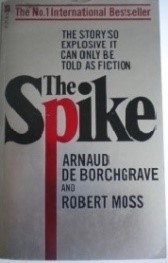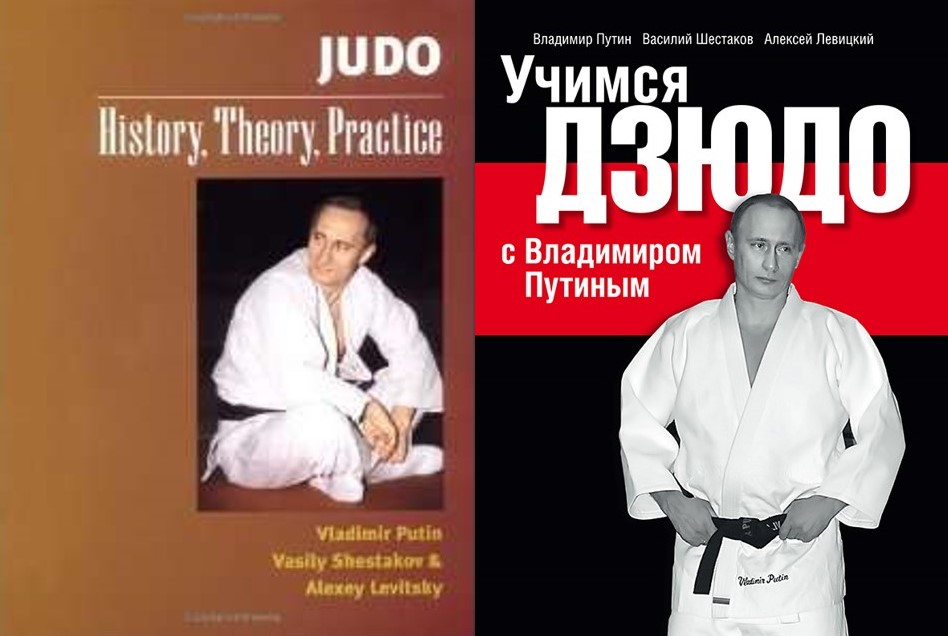(Part one of this review is here)

The Spike is structured around the story of an American journalist, Bob Hockney, who travels the path from youthful mould-breaker, through celebrated scoop getter, to dedicated truth seeker.
Hockney makes his name writing anti-establishment stories as, like many of his generation during the 1960s and the Vietnam war, he sees the activities of the CIA as immoral and corrupt. This brings him into contact with, indeed makes him a hero for, many on the left, amongst whom are witting and unwitting agents of Soviet influence.
What they don’t get about Hockney is that he is driven not by ideological conviction, but by the journalist’s desire for the truth and the exposé, whatever side of the ideological wall he may find the story. As The Spike progresses, so Hockney begins to work on stories of Soviet malfeasance, and to discover that his friends on the left are quite capable of turning against him as he does so.
It is a terrific tale, well told and with the authors’ joint expertise evident but not in your face throughout. Moss has written other thrillers too, including one of my all time favourites of the genre, Moscow Rules.
The Soviet side’s actions are part of a plan, masterminded by Brezhnev’s ideological supremo Suslov, to achieve Soviet domination of the West by 1985. Quite an irony given that in the real world 1985 was the year that the Soviet Union’s last —one could say, terminating— leader, Mikhail Sergeevich Gorbachev, came to power.
The plan focused on the manipulation of information since
“Given our economic weakness and our military inferiority at the time … we could not hope for success simply by expanding our war machine at a faster rate than our enemies … so a key element in The Plan we devised three years ago was to develop our capacity to influence public opinion in the West, through disinformation fed to governments and opinion formers and, above all, through media operations”
pp. 162-163
So very contemporary, and made even more so by an unwitting and rather uncanny moment of foresight, when the authors have a Soviet official speak of their tactics as being like judo in that they depend ‘on exploiting the weaknesses of our opponents’ (p. 162).
Russia’s president, Vladimir Putin, is a long-term judo expert, and has even authored a book on judo moves and tactics.

There are still further echoes of current news stories in this novel of four decades ago.
A Soviet defector named Barisov is in England, and the KGB
had sent a special man to London, and his instructions were to stay in Britain until the job was finished.
p. 403
It could be a contemporary thriller building its story out of the UK government’s assertions that Russian agents are in the business of assassinating, or attempting to assassinate, Russian defectors living in Britain. Think Litvinenko, Skripal, and several other unconfirmed stories and apparently suspicious deaths.
Reading The Spike one could be forgiven for thinking that old Soviet habits die hard, especially in contemporary Russia where the long-term leader is an ex-KGB colonel.
I usually prefer a far more nuanced take on Russia than the simplistic ‘new Cold War, Soviet Union reborn’ line.
But just for once, in the context of the disconcerting similarities between today’s headlines and an excellent thriller published in 1980, I’ll grant that sometimes elements of history repeat themselves.
(Part One of this review is here)